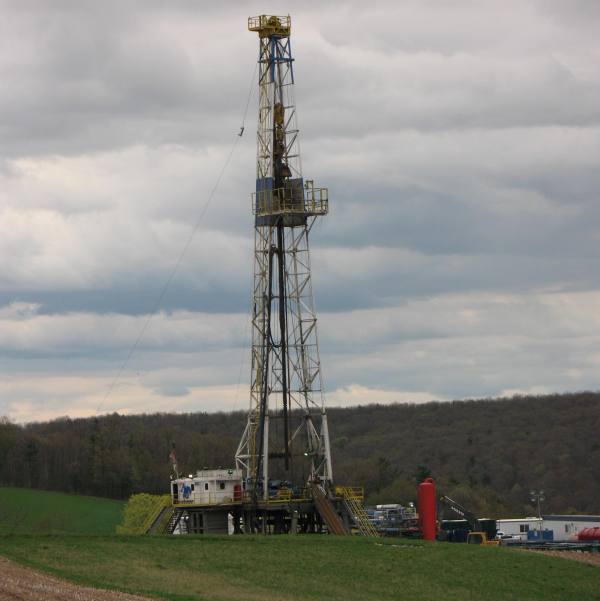New Database Will Track Water Quality in Marcellus Shale Drilling Areas
A new database will help track water quality in areas affected by Marcellus Shale drilling. Development of the database is being led by Penn State researchers. It’s funded with a 750 thousand dollar grant from the National Science Foundation.
Penn State Geo sciences professor Susan Brantley says the web site is already being set up and they’ve started collecting data. The Director of Penn State’s Earth and Environmental Systems Institute and principal investigator says it should be on line by early this winter.
The database will collect information from government agencies, researchers and citizens groups that are sampling water quality. Brantley says they want to make data available to everyone, so people can share it, look at other people’s data, compare it and think about it. She says they hope to study it a scientists and work with citizens to help them learn how to look at water quality data and understand what it means.
Brantley says with the Marcellus Shale industry developing as fast as it is, citizens want to be able to look at their water chemistry and water quality and make sure any impacts are kept to a minimum. She says some environmental impacts happen with almost any industry.
Brantley believes the database will be valuable to citizens and the drilling industry. She says there’s no reason why the gas companies want to have problems in Pennsylvania.
In addition to Penn State, Pitt, Bucknell and Dickinson College are collaborating. Dickinson scientists have been training citizens in water sample collection.
Brantley says she’s excited that she’ll be working with some of the citizen scientist groups. She will help them put their information into a larger database and determine what it means. She says they’ll be looking at all of the data together to try to understand what impact there is, if there is impact from the shale drilling.


